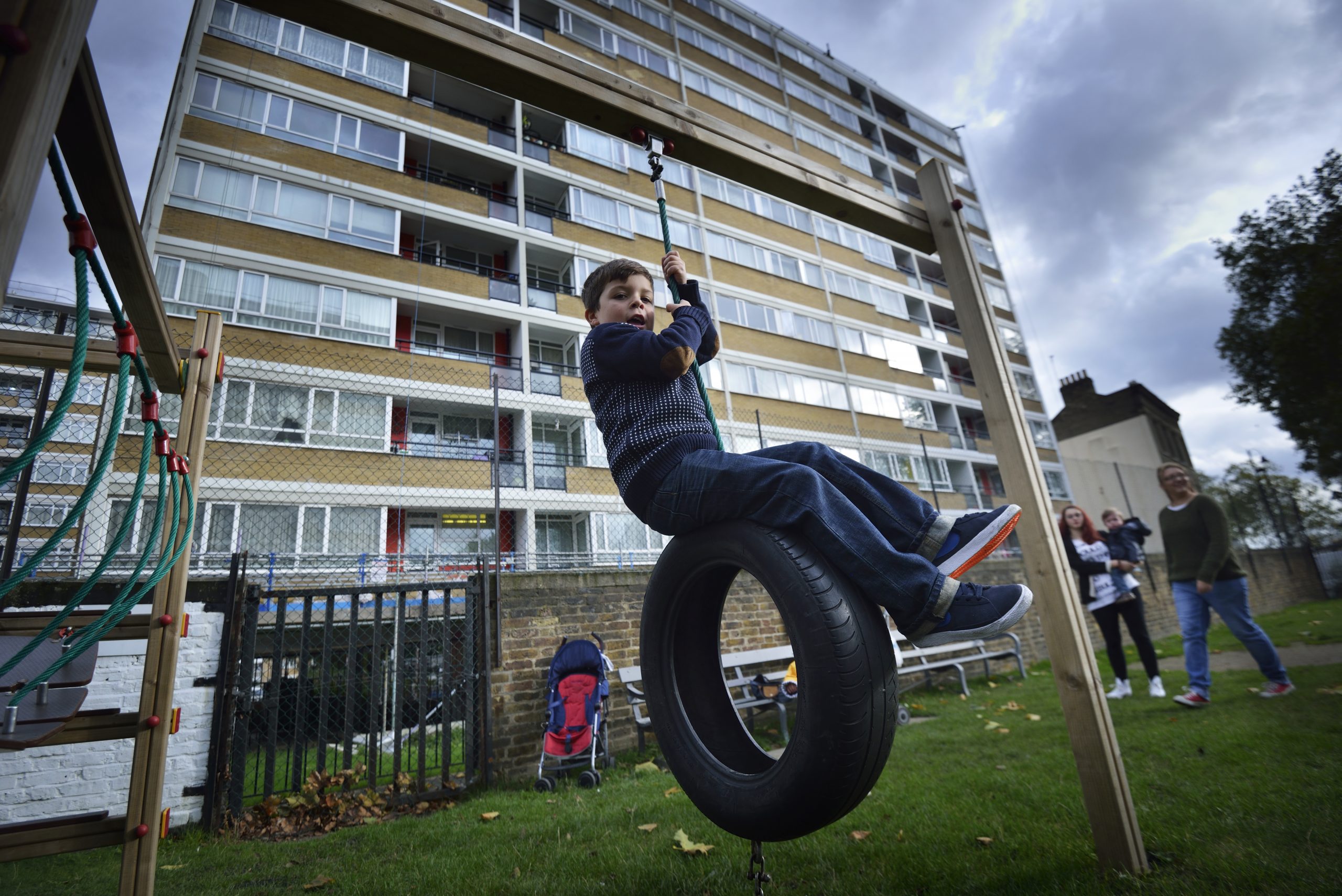COVID-19 has brought the central role of housing in health outcomes and societal inequalities to the fore, making it almost impossible to ignore. People have repeatedly been encouraged to stay at home in order to stay safe and protect the NHS – but who have been the big losers during the pandemic from a housing perspective?
Perhaps most significantly, 31 May saw the end to the pause on evictions in England, as well as a reduction in required notice periods. The eviction bans did nothing to deal with the underlying problem of lost income because of the pandemic, of course, with an estimated 3 million people not having been covered by furlough or the Self-Employment Income Support Scheme. This means the eviction ban has ended with at least 500,000 private renters thought to be in rent arrears.
Even those not in arrears have no guarantee of security. Despite promises to end England’s ‘no-fault evictions’ in 2019 there has been little progress, with MPs even arguing it was necessary to wait for the pandemic to be over before moving forward with a ban, despite the pandemic only increasing the urgency of this need.
Read the full article on the IPPO website here
